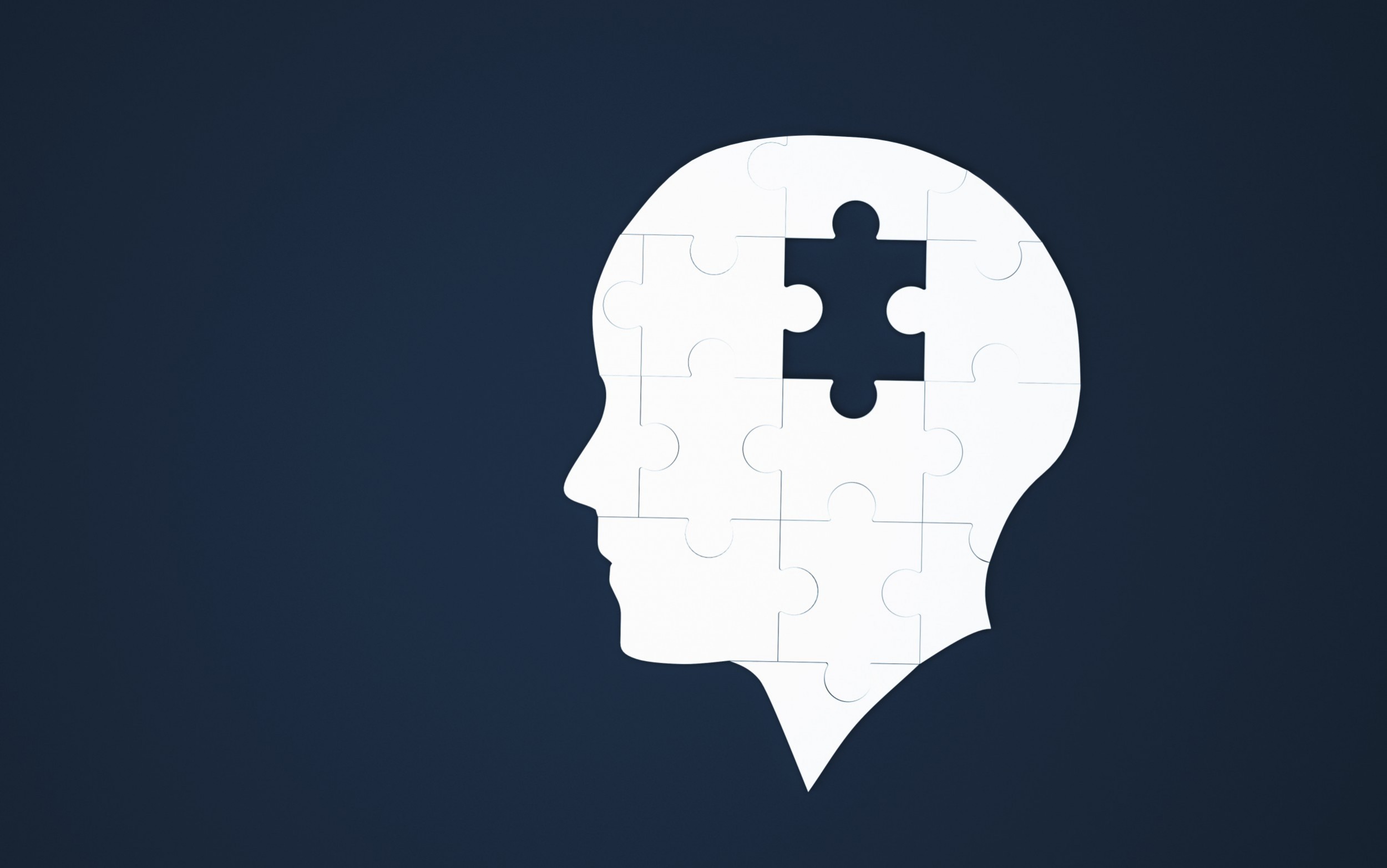Detecting Dementia: Technology, Access, and the Law

Event Description
Advances in neuroimaging, genetics, and mobile health apps are creating unprecedented opportunities to detect subtle brain changes that may predict the onset of Alzheimer’s disease and other types of dementia. But how much trust should we have in these new technologies, who will have access to them, and how should the law respond when litigants proffer novel evidence of their brain states? This panel will explore technological innovations in dementia detection, and their ethical, social, and legal implications.
Panelists
- Introduction and Moderator: Carmel Shachar, Executive Director, The Petrie-Flom Center for Health Law Policy, Biotechnology, and Bioethics at Harvard Law School
- Jonathan Jackson, Founding Director, Community Access, Recruitment, and Engagement (CARE) Research Center at Massachusetts General Hospital and Harvard Medical School
- Bruce H. Price, Co-Founder and Co-Director, Massachusetts General Hospital Center for Law, Brain and Behavior
- Ipsit Vahia, Medical Director, Geriatric Psychiatry Outpatient Services at McLean Hospital and the McLean Institute for Technology in Psychiatry
Part of the Project on Law and Applied Neuroscience, a collaboration between the Center for Law, Brain & Behavior at Massachusetts General Hospital and the Petrie-Flom Center for Health Law Policy, Biotechnology, and Bioethics at Harvard Law School with support from the Oswald DeN. Cammann Fund at Harvard University.